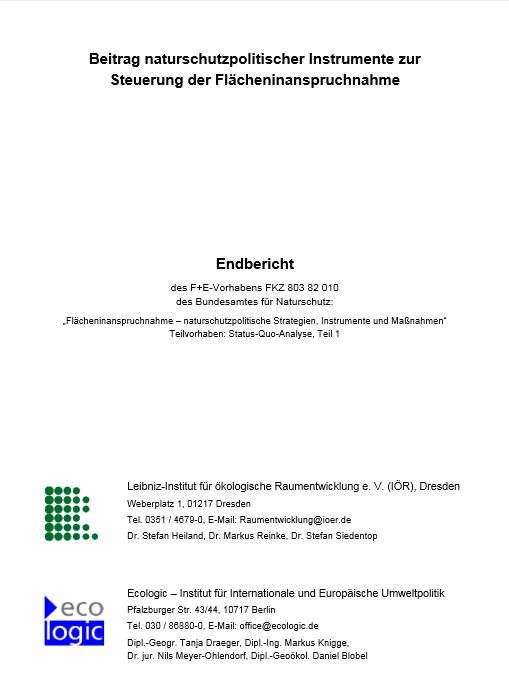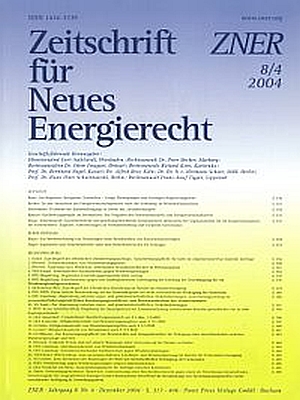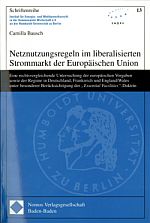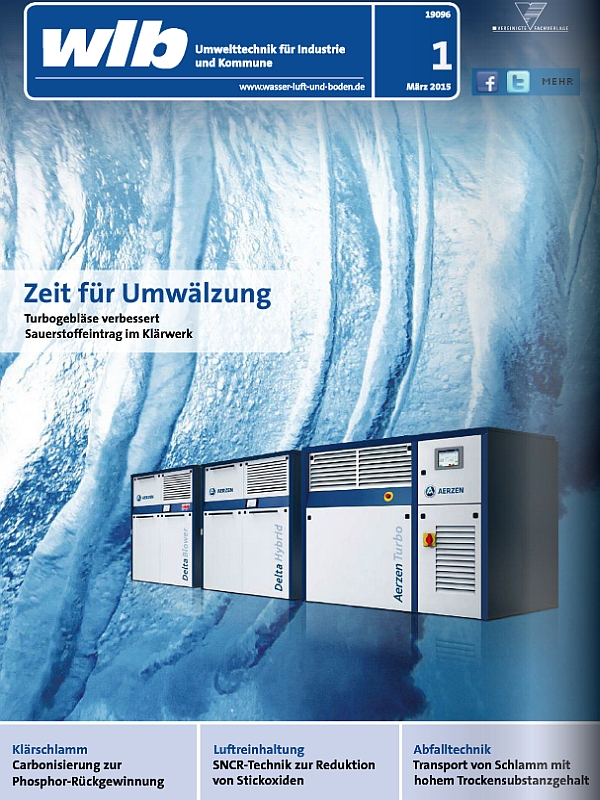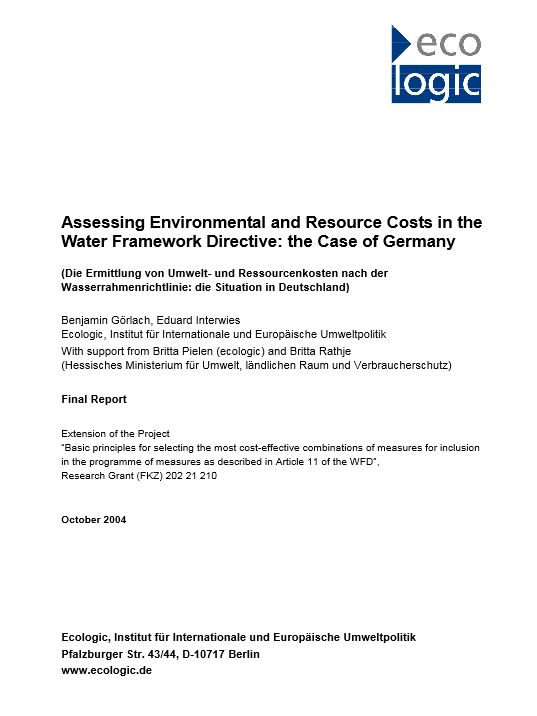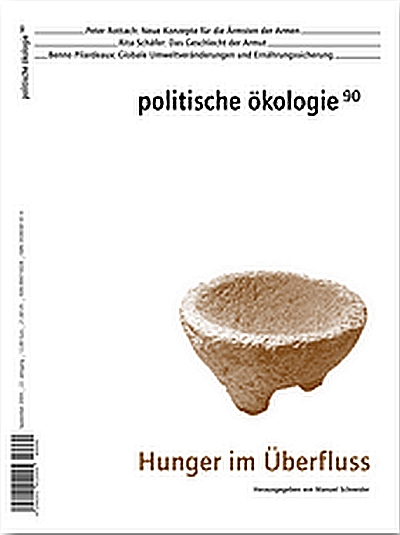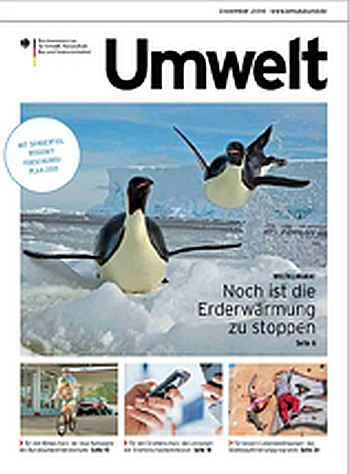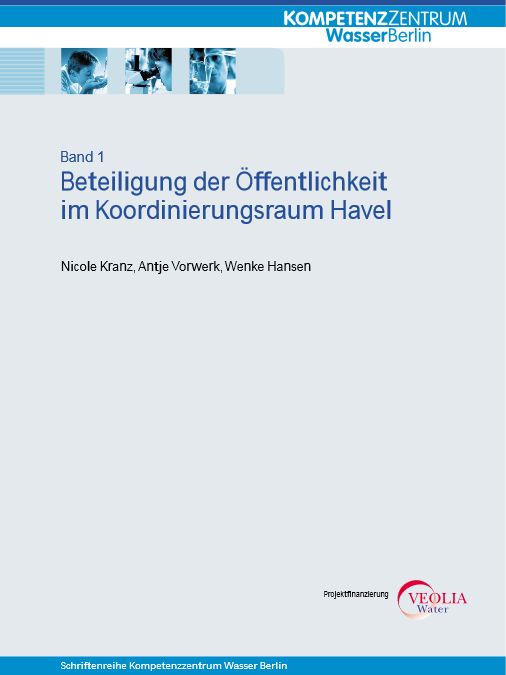Presentation:Lecture
Event:Climate Talk
Presentation:Speech
Publication:Report
Publication:Article
Entflechtungsregeln im Stromsektor
Die Vorgaben des Gesetzesentwurfes zum Energiewirtschaftsrechts
Year
Read morePublication:Thesis
Netznutzungsregeln im liberalisierten Strommarkt der Europäischen Union
Eine rechtsvergleichende Untersuchung der europäischen Vorgaben
Year
Read morePublication:Article
Event:Climate Talk
Event:Dinner Dialogue
Publication:Report
Assessing Environmental and Resource Costs in the Water Framework Directive
The Case of Germany
Year
Read moreEvent:Dinner Dialogue
Publication:Article
Über Lissabon zu einem nachhaltigen Europa?
Wie die Europäische Nachhaltigkeitsstrategie gestärkt werden kann
Year
Read morePublication:Article
Event:Dinner Dialogue
Publication:Report
